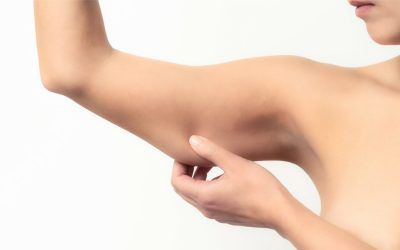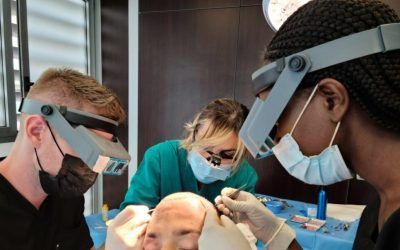Elmari Talks Diet And Acne
In the December / January issue of The Umhlanga Magazine, Elmari Talks Diet And Acne and how it is not only teenagers who are affected by this dermatological condition.
Acne is the result of several factors – excess sebum (oil), hormones, and follicular occlusion. This creates the perfect environment for the growth of bacteria that triggers an immune response resulting in inflammation. Things like puberty, birth control, pregnancy, menopause and menstruation can all cause hormonal fluctuations, contributing to the development of acne. BUT this is not the only cause, diet can really affect acne.
How does diet affect the skin?
When Elmari Talks Diet And Acne, what she is talking about is how certain types of foods affect our hormone levels in particular. For example, refined carbohydrates (white bread, pastries, white flour, etc.) without adequate fibre, fat or protein can increase blood sugar levels and, subsequently, insulin. Insulin in turn, can stimulate testosterone production which can increase oil secretion.
Here are some general acne diet recommendations:
- Following a low glycemic (low GI) diet may reduce the amount of acne you have.
- Adding protein or fat to carbohydrates will slow digestion and blood sugar and consequently the insulin response
- Follow a dairy-free diet – studies suggest that there’s a 16% increased risk for acne when consuming cow’s milk.
- Add omega-3 to your diet, which variety of anti-inflammatory properties. Omega-3 is in fatty fish, flaxseed, walnuts and fish oil supplements.
- Foods that are rich in antioxidants such as nuts, berries, beans, cabbage, artichokes, beets, and orange vegetables.
- Get some of everyone’s favourite sunshine vitamin: vitamin D. Vitamin D deficiency is common amongst people who suffer from acne.
While Elmari talks diet and acne, she is also careful to remind us that genetics play a role “ Diet may offer some people an alternative approach to preventing and treating acne. Still, it’s also important to remember that genes will always be the strongest risk factor for this skin condition.”
Follow this link to read the full article: Diet and Acne by Elmari Carelse_The Umhlanga Magazine_Dec_Jan23
The post Elmari Talks Diet And Acne appeared first on Aesthetic Options.







